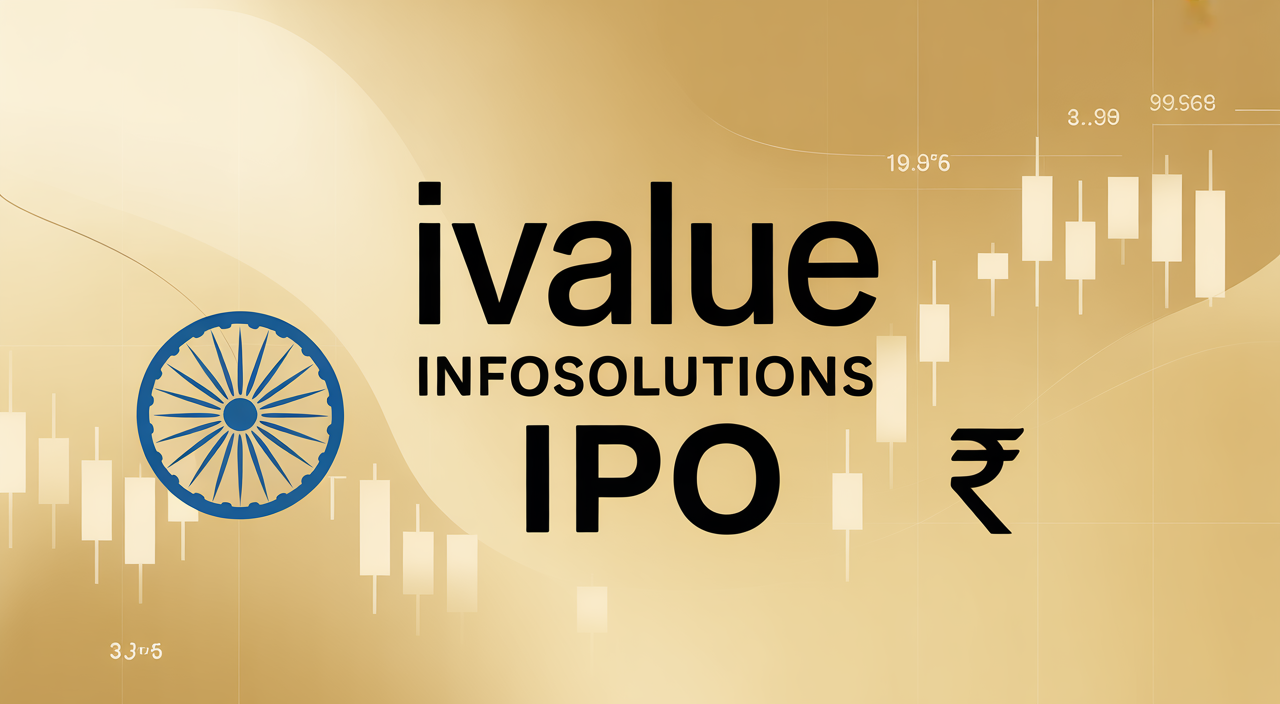The stories are everywhere. Early investors in companies like Nykaa, Zomato, or Paytm made a fortune when these companies went public. These success stories often begin with investing in unlisted shares, long before they hit the stock exchange. It’s exciting, right? The chance to get in on the ground floor of the next big thing in India. But what you often don’t hear are the stories of savings lost, of promises broken, and of dreams shattered. These silent stories are usually the result of one critical mistake: buying unlisted shares without doing your homework.
Investing in unlisted shares can be a powerful way to grow your wealth. However, it’s also a high-stakes game. Unlike publicly traded companies, unlisted firms don’t have to share as much information. This means you, the investor, need to dig deep. If you skip this crucial step, you could easily burn your hard-earned savings. It’s like buying a car without checking its engine – a gamble you probably don’t want to take with your life savings. Let’s understand why thorough research is not just important, but absolutely essential for any Indian investor looking at this market.
Understanding the Indian Unlisted Share Market
First, what exactly are unlisted shares? Simply put, these are shares of companies that are not yet traded on a public stock exchange like the NSE or BSE. They are private companies, often startups or established businesses planning to go public in the future. Investing in them means you’re buying a piece of a company before it becomes widely available to the general public.
The buzz around unlisted shares is understandable. They offer the potential for very high returns, especially if the company performs well and eventually lists at a premium. It also gives you early access to potentially high-growth companies. However, this market has its own unique characteristics in India. There’s often limited liquidity (meaning hard to sell quickly), information can be scarce, and valuations can be subjective. There are also specific regulatory nuances (subtle legal details) and a significant “grey market” dynamic (an unofficial market where shares are traded before they’re officially listed, often with less transparency) that need careful attention.
The High Cost of Blind Faith: How Unresearched Investments Burn Savings
When you invest without research, you’re essentially trusting someone else’s word with your money. This is incredibly risky in the unlisted space. Here are some common ways investors lose money when they don’t do their homework:
1. Financial Meltdown: Many unlisted companies might show high growth in one area but hide deep financial problems elsewhere. Without checking their balance sheets, profit and loss statements, and cash flow, you might invest in a company with huge debts, negative cash flow, or unsustainable revenue growth. Imagine putting money into a company that looks popular on social media but is actually losing money rapidly every month. Your investment could quickly become worthless.
2. Business Model Blind Spots: A company might sound great, but does its business model truly make sense? Is it sustainable? Is it unique? Without researching the industry, the competition, and the company’s unique selling proposition, you might invest in an outdated business or one with no real competitive advantage. For example, a company promising to disrupt a market might not have the technology or team to actually do it.
3. The Valuation Trap: This is a big one. Unlike listed companies, where valuations are often determined by market forces, unlisted shares can be valued based on projections or hype. If you don’t understand how to value a company or simply trust the price offered, you could pay far more than what the company is actually worth. Paying an inflated price means your potential returns are already severely limited, and you might even face a loss if the valuation corrects itself.
4. Management Integrity Issues: Who is running the show? Are the founders and key management trustworthy? Do they have a good track record? Without looking into their past, you might invest in a company led by individuals with a history of fraud, mismanagement, or broken promises. In India, promoter integrity (the honesty and reliability of the company’s main owners/founders) plays a huge role in a private company’s success. Ignoring this can be disastrous.
5. Legal and Regulatory Quagmires: Is the company legally sound? Are there any pending lawsuits? Are the share transfer procedures clear and compliant? Without legal due diligence, you might find yourself in a situation where the shares you bought are not legally transferred, or the company is embroiled in serious legal battles. This can lock up your investment indefinitely or even lead to its complete loss.
6. The Illiquidity Lock-in: Even if the company is fundamentally sound, if you can’t find a buyer for your shares, your money is stuck. Unlisted shares are notoriously illiquid. Without understanding the secondary market for unlisted shares in India or potential exit avenues, you might be stuck with shares you cannot sell when you need the money. This is a common pain point for many unlisted investors.
How to Buy and Sell Unlisted Shares in India: Your Essential Due Diligence Checklist
So, how do you avoid these pitfalls? By becoming an active researcher. Here’s a practical checklist for your due diligence journey when you explore unlisted share investment opportunities in India:
- Comprehensive Business & Industry Analysis: First things first, you need to really understand the company’s core business inside out. What problem does it solve? Who are its customers? How big is the market? Who are its competitors, and what makes this company better or different? Look at industry reports and news to understand the sector’s future prospects. Get curious!
- Management Team & Corporate Governance Assessment: Dig into the founders and key management. What is their background, experience, and past performance? Look for transparency and a clear vision. Are there any past controversies or red flags related to their previous ventures? A strong, ethical leadership team is vital for unlisted companies. Trust your gut here!
- Deep Dive into Financial Health: Now, for the numbers – this is where we get serious about the money. Always ask for and meticulously review the company’s audited financial statements for the last 3-5 years (Profit & Loss, Balance Sheet, Cash Flow Statements). Look at revenue growth, profitability, debt levels, and cash generation. Does the company earn real profits, or is it just burning cash? You can also check basic company details on the Ministry of Corporate Affairs (MCA) website for publicly available filings. Don’t skip this step!
- Valuation Sanity Check: Don’t just accept the offered price. Ask questions! Try to understand how the company is being valued. Look for comparable listed companies or recent funding rounds in similar unlisted firms. Does the valuation seem reasonable based on its financials and growth prospects? Even a basic understanding of valuation methods can save you from overpaying. For a more detailed guide on investing in unlisted shares, make sure to perform this step thoroughly. Don’t overpay!
- Legal & Compliance Scrutiny: Time to get legal! Verify the company’s legal standing. Check for any pending litigations, past regulatory penalties, or issues with intellectual property. Understand the terms of the share transfer – are there any lock-in periods or restrictions? Ensure all legal documents are in order and the share transfer process is compliant with SEBI regulations and company law. Stay safe!
- Understanding Liquidity & Exit Avenues: Think about your exit strategy. How easy will it be to sell these shares later? What are the typical holding periods for this type of investment? Is the company likely to go for an IPO soon, or will it be acquired by a larger firm? Always have a clear understanding of potential exit strategies before you invest. Plan ahead!
Critical Red Flags to Watch Out For
Even with a checklist, some warning signs should make you pause:
- Guaranteed or Unrealistic Returns: No legitimate investment can guarantee high returns. If someone promises you fixed, very high returns, especially in a high-risk sector like unlisted shares, it’s a major red flag.
- Lack of Transparency: If the company or broker is reluctant to provide financial statements, legal documents, or detailed business plans, walk away.
- Pressure Sales Tactics: Phrases like “limited-time offer,” “exclusive opportunity,” or “prices will double next week” are manipulative. A genuine investment opportunity will allow you time for due diligence.
- Company Operating in a Highly Speculative Sector: Be extra cautious with companies in sectors that are new, unregulated, or prone to bubbles, especially if they lack a proven business model.
- Frequent Changes in Business Strategy: A company that keeps changing its core business model or leadership often signals underlying instability.
- High Promoter Share Pledging: If a large portion of the promoter’s shares are pledged, it could indicate financial stress within the company or by the promoters themselves.
Empowering Your Unlisted Investment Journey
Investing in unlisted shares requires patience, a strong understanding of risk, and, most importantly, diligent research. Don’t let the fear of missing out (FOMO) push you into a decision you haven’t thoroughly vetted. It’s always wise to seek independent financial and legal advice before making any significant investment decisions in this complex market. Consider starting small and building your expertise gradually. You can also learn more about how to buy unlisted shares through reputable advisors who guide you through the research process.
Invest Smart, Not Blind
The unlisted share market in India holds significant potential, but it’s not for the faint of heart or the unprepared. Your most powerful tool is robust research. It’s the only way to navigate the complexities, identify the true gems, and, most importantly, protect your hard-earned savings from being burned. Be diligent, be patient, and always invest with your eyes wide open. Your financial future depends on it.










